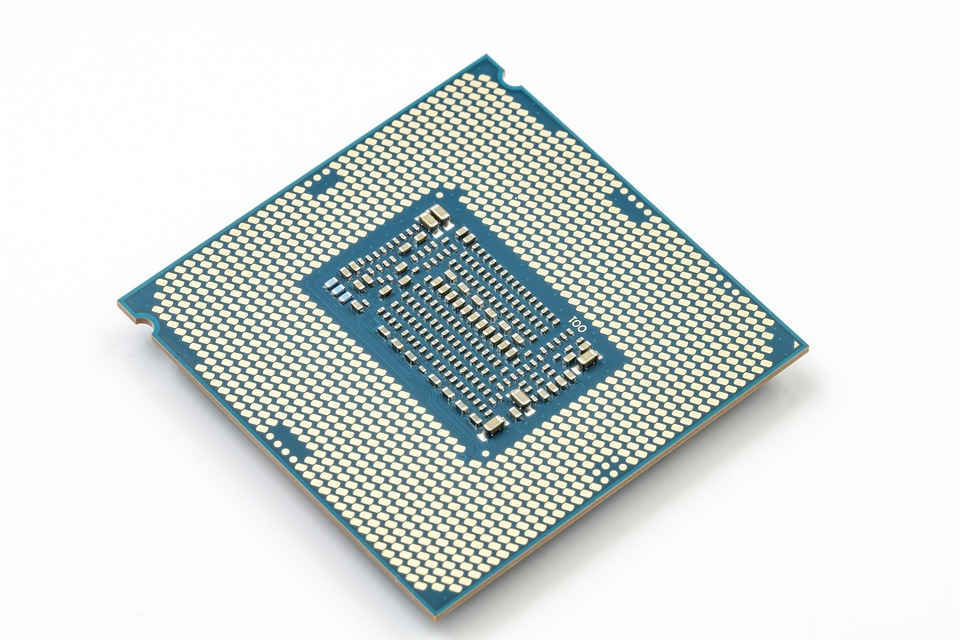The rapid advancements in technology have always pushed the boundaries of how we process information. In recent years, quantum computing has emerged as a revolutionary field that promises to reshape the landscape of computation. As we look toward the future, it’s essential to understand how quantum computing can influence the design of classical Central Processing Units (CPUs).
Understanding Quantum Computing
At its core, quantum computing leverages the principles of quantum mechanics to process information in fundamentally different ways compared to classical computing. While classical CPUs use bits as the basic unit of information (0s and 1s), quantum computers utilize quantum bits or qubits, which can exist in multiple states simultaneously due to superposition. Additionally, qubits can be entangled, allowing for complex interactions that classical bits cannot replicate.
The unique capabilities of quantum computing make it suited for specific problem types, particularly those involving large datasets, such as optimization problems, cryptography, and complex simulations. However, quantum computers are not intended to replace traditional computers. Instead, they are poised to complement and enhance them.
Implications for CPU Design
1. Hybrid Architectures
The future of CPU design is likely to be characterized by hybrid architectures that combine classical and quantum processing elements. By integrating quantum co-processors with conventional CPUs, designers can leverage the strengths of both systems. Such hybrid architectures would allow machines to perform classical tasks efficiently while reserving quantum capabilities for problems where they provide a distinct advantage.
2. Enhanced Parallel Processing
Quantum computing has the potential to redefine parallel processing paradigms. In classical CPU design, parallelism is achieved through multiple cores. Quantum computing, through superposition and entanglement, can process numerous possibilities simultaneously. Future CPUs may incorporate frameworks that allow them to take cues from quantum processes, improving parallelism in classical tasks.
3. New Algorithms and Protocols
As quantum computing gains traction, the algorithms designed for classical CPUs may evolve. Quantum algorithms can solve problems significantly faster than classical ones. As a result, CPU designers will need to develop new protocols capable of accommodating these advanced computations. This shift may lead to a rethinking of software stacks, allowing traditional CPUs to interface more effectively with quantum systems.
4. Security Considerations
Quantum computing poses both threats and opportunities to cybersecurity. The ability of quantum computers to break traditional encryption algorithms has already prompted discussions around post-quantum cryptography. CPU designers will need to consider these security implications; new architectures should be resilient to quantum attacks while also being capable of supporting quantum-safe algorithms.
5. Performance Metrics and Efficiency
The integration of quantum elements will likely reshape performance metrics for future CPUs. Traditional metrics, such as clock speeds and cores, may be supplemented or replaced by new benchmarks that account for quantum efficiency and the interplay between classical and quantum computations. Energy efficiency is another key consideration; quantum computers could potentially perform tasks with less energy, pushing CPU designs towards more sustainable practices.
6. Education and Workforce Development
The advent of quantum computing will necessitate a shift in the skill sets required for CPU designers and engineers. A deeper understanding of quantum mechanics, quantum algorithms, and their implications will be essential. Future CPU design teams will need to include professionals with diverse backgrounds to bridge the gap between classical and quantum computing realms.
Conclusion
As quantum computing continues to evolve, its influence on CPU design will be profound. By encouraging hybrid architectures, enhancing parallel processing capabilities, and reshaping algorithms, quantum computing will catalyze a revolution in how we design and utilize CPUs. While significant challenges remain in harnessing the full potential of quantum technologies, the technological convergence of classical and quantum computing promises a future of unprecedented computational power and efficiency.
In this landscape of transformation, a cooperative relationship between quantum and classical computing stands to unlock new frontiers, providing solutions that address some of the most complex problems faced by industries today. Embracing this fusion will be paramount as we forge the next generation of computing technology.



